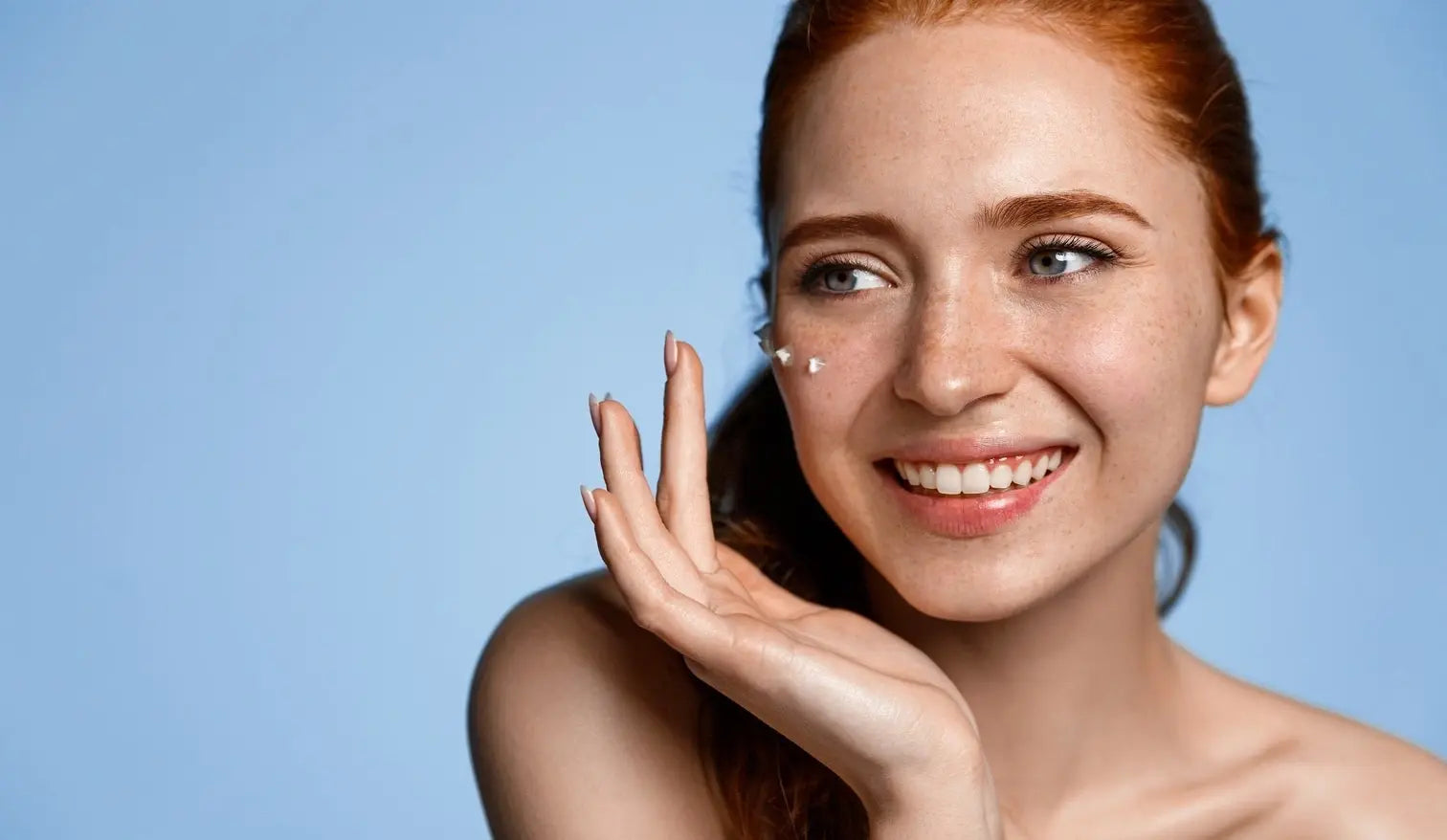01
What are the effects of sun exposure on skin?
The sun’s UVA light can damage every layer of your skin, including its protective barrier and blood supply. Meanwhile, the sun’s UVB rays cause DNA and cellular damage to the outermost layer of your skin. Overexposure to these harmful UVA rays and UVB rays can increase your risk of developing wrinkles, hyperpigmentation, dryness, and even precancerous spots.Unfortunately, the JEET Association for Support to Cancer Patients states that most skin damage due to frequent exposure to both types of sun rays occurs before the age of 20 but doesn't show visibly until many years later (1). As such, young people who are overexposed to the sun have an increased risk for the development of basal cell cancer later in life, which is the most common type of skin cancer. Fortunately, you can prevent these adverse effects with regular sunscreen use. Knowing when and how to apply and reapply sunscreen, especially as it relates to the order in which you apply your skin care regimen, is crucial to incorporating SPF into your daily routine.



